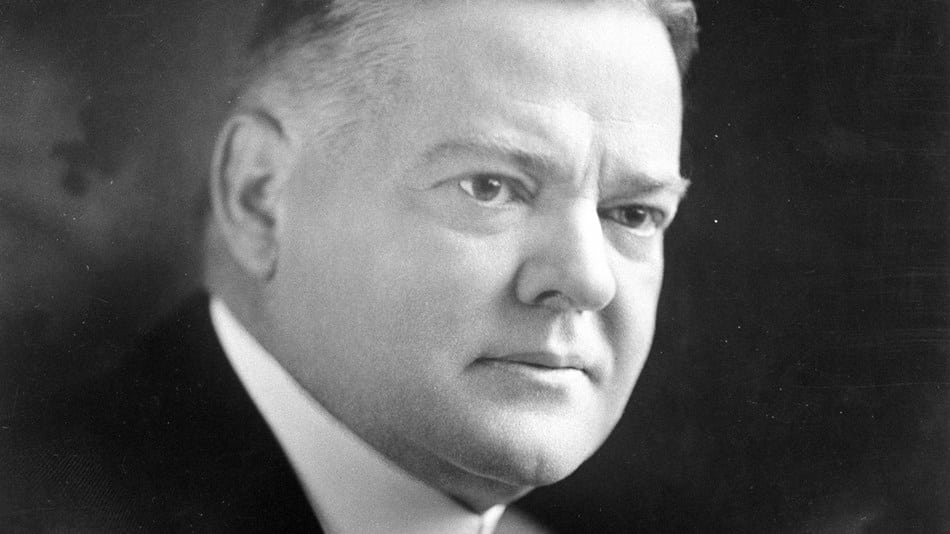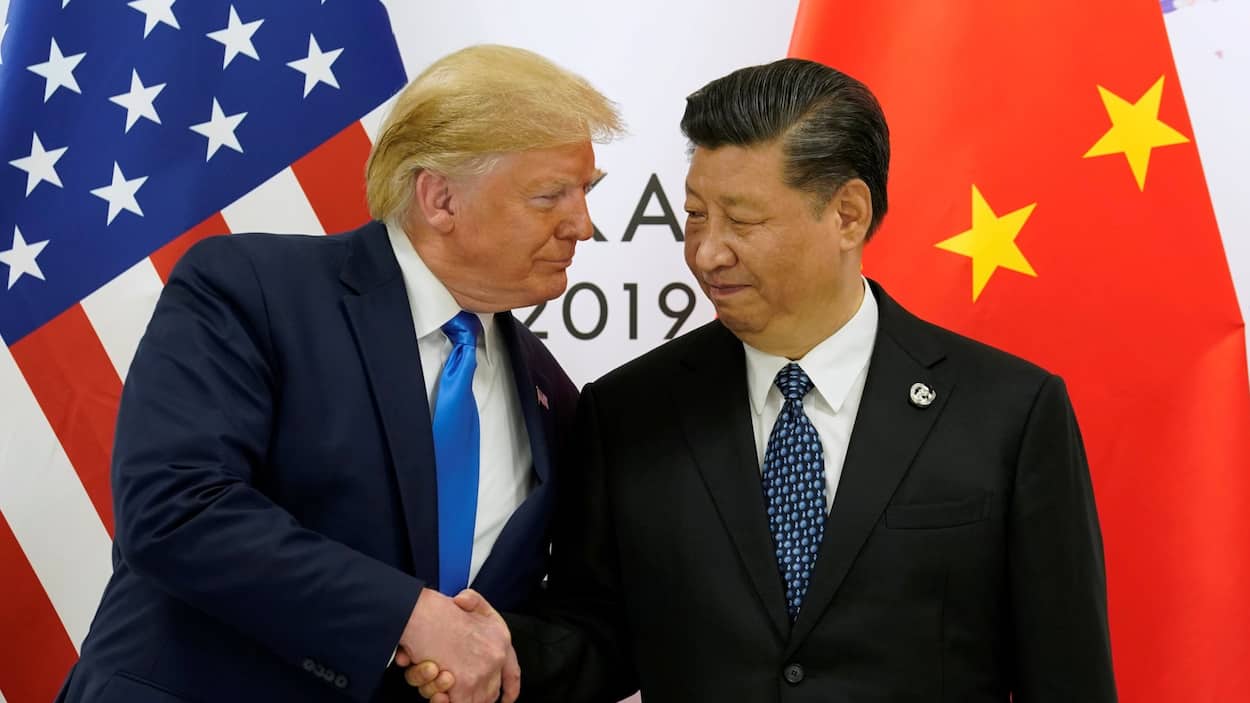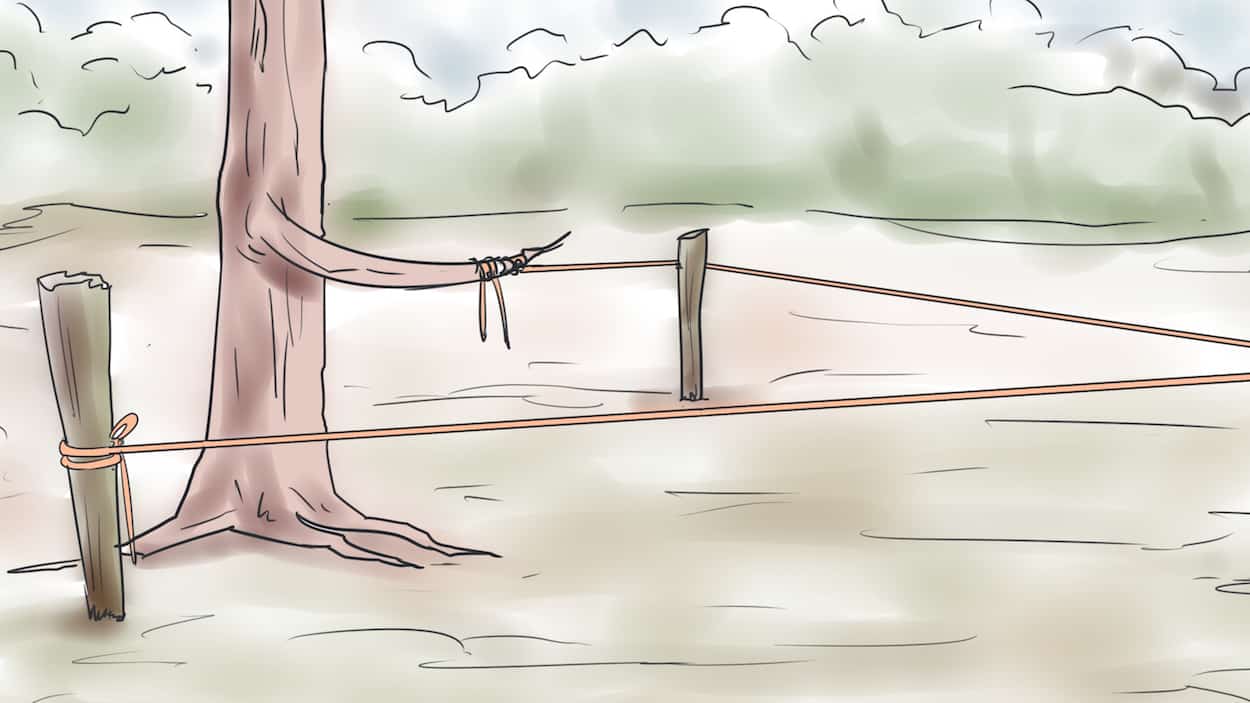Following in the footsteps of Herbert Hoover and George W. Bush, the Trump Administration opened the door to an international trade war by initiating tariffs on steel and aluminum. This follows recent tariffs imposed against washing machines and solar panels, as well as on Canadian lumber last year. This mercantilist approach to international affairs has been discredited by great economists beginning with Adam Smith and David Ricardo. Unfortunately, a policy of protectionism continues to be the mistake of choice by so called pro-business Republicans.
History provides a harsh lesson. In 1928, Herbert Hoover campaigned on the promise of a tariff to support American farmers against cheap imports. Once the bill became law, nations of the world retaliated and the agricultural sector was among the worst affected, as farmers could not competitively export their crops. After 1,028 economists petitioned Herbert Hoover to not sign the bill, he ignored them. Overall, 25,000 imports were taxed and by 1934, global trade dropped 66%. The Great Depression ensued, increased economic nationalism, allowed radicals to come to power, and resulted in the Second World War. The old adage proved true: when goods cannot cross borders, armies will.
Following the end of the War, Secretary of State Cordell Hull wrote, “I saw that you could not separate the idea of commerce between the idea of war and peace…wars were caused by economic rivalry… if we could increase economic exchanges among nations over lowered trade and tariff barriers and remove international obstacles to trade, we could go a long way to eliminating war itself.”
President Trump campaigned on a platform of Make America Great Again, especially by bringing back American manufacturing. History demonstrates that steel tariffs destroyed manufacturing jobs. President Bush imposed steel tariffs on March 20, 2002. According to the Bureau of Labor Statistics from March 2002 to March 2003, manufacturing lost 476,000 jobs, more than existed in the entire steel industry. Manufacturers were unable to pass along their higher steel prices to their customers, as many contracts were in place that prohibited price increases. The tariff impacted the performance of the stock market, as well. From March 2002 to May 2003, the S&P 500 lost $2 trillion in market cap following one full year of having steel and lumber tariffs in place. The Dow Jones Industrial Average reached a post September 11, 2001 peak on March 19, 2002 at 10,635.25. The steel tariffs took effect on March 20th. Lumber tariffs followed in May. The DJIA did not recover until the steel tariffs were lifted on December 4, 2003.
A trade war may cause further losses in the stock market, which will far exceed tariff revenue received by steel companies. Bonuses handed out to workers will not make up for the loss of value in their 401(k) accounts and personal investments. Children’s 529 accounts and pension plans for union employees will suffer. This policy is more political than economic. The strategy follows the oldest rule in politics: concentrate the benefits and spread the costs. The Republicans will suffer as well. Should a trade war ensue, voters will remember their third quarter 2018 investment statements when they vote barely a month later. Make no mistake, Trump and Associates will own the market’s performance this year.
President Trump risks eliminating the positive impact of his domestic tax cut by replacing it with an international tax increase. Not only will steel and aluminum increase in price; if other nations retaliate, earnings of exporters will decrease. The European Union, Canada, Mexico and China have threatened to levy tariffs against American motorcycles, soybeans and whiskey. Boeing will pay more for their aluminum screws and Caterpillar and John Deere will pay more for their steel. Assurances from the Commerce Secretary and steel executives about zero cost increases confuses business with charity. Businesses will never voluntarily absorb an input cost increase, it will be passed on to consumers. As input costs rise, profits decline, as will stocks, since markets discount future earnings, or lack thereof.
President Bush lifted steel tariffs due to threatened retaliation from the European Union. President Trump appears to welcome a trade war, which he believes he can win. There will be no winners; only losers and causalities. What appears to be missed by the protectionists in this administration is that trade benefits everyone. We conduct trade because we need imported goods. Trade is a good deal and has stood the test of time. Gains from trade include education, knowledge, competition and efficiency. Since 1945, trade between nations has played an instrumental role in preventing a war between major powers. Global trade means peace: you do not declare war on your customers.
Free trade has been integral to the success of the United States economy since the ratification of the Constitution. Article 1, Section 9, established free trade between the states, as interstate taxation under the Articles of Confederation impeded commerce. We should continue to apply this principal as we engage the world in trade.
A global tariff on steel and aluminum will punish our partners without addressing the primary source of overproduction from China. China not only subsidizes their steel and aluminum industries, but engages in intellectual property theft and strategic hacking. Tariffs on our allies will not help us form a coalition against China. The United States missed an opportunity to join the Trans-Pacific Partnership, which was designed to foster cooperation between Pacific trading nations and provide a bulwark against Chinese expansion. Unfortunately, we withdrew from treaty negotiations.
If the United States further alienates its allies and aggravates its adversaries, China will benefit. Their One Belt, One Road initiative (OBOR) is well underway. China has a long-term patient, strategic vision for expanded global influence. The Chinese have submarines in a Pakistani port, ships navigating the Persian Gulf and a railroad which stretches along the old silk road. They have a plan for a blue water navy and continue to build bases in the South China Sea. President Xi received constitutional authority to dispose of term limits. He is a supporter of trade and the United Nations. As we retreat from the world stage, China, supported by Russia, will advance its own agenda.
The Trump Administration is moving quickly, ignoring historical facts presented by wise counselors. The real question for America is: how long it will take them to reverse course and what unnecessary damage will be caused in the process?







Well said Dave!
Excellent article!